brexit
Latest

Whistleblower explains how Cambridge Analytica 'exploited' Facebook
Last night Facebook announced bans against Cambridge Analytica, its parent company and several individuals for allegedly sharing and keeping data that they had promised to delete. This data reportedly included information siphoned from hundreds of thousands of Amazon Mechanical Turkers who were paid to use a "personality prediction app" that collected data from them and also anyone they were friends with -- about 50 million accounts. That data reportedly turned into information used by the likes of Robert Mercer, Steve Bannon and the Donald Trump campaign for social media messaging and "micro-targeting" individuals based on shared characteristics. Now, reports by The New York Times and The Guardian reveal what was behind the timing of that Friday night news dump. According to reporters from both outlets, which were collaborating, the social network had downplayed their reporting and even threatened to sue The Guardian, over what they learned from documents and a whistleblower (who Facebook included in its ban list): Christopher Wylie.

Facebook suspends Trump-linked data firm Cambridge Analytica (update: response)
Late Friday night, Facebook has announced it's suspending Strategic Communication Laboratories (SCL) from its site. While you may not have heard of SCL, its political analytics firm Cambridge Analytica has made headlines in the last few years due to work for the Trump campaign and the Brexit initiative. According to former US Magistrate and current Facebook Deputy General Counsel Paul Grewal, this move is occurring because an app "thisisyourdigitallife" pulled in personal information of the 270,000 people who used it as well as information from their friends. While this is allowed under its policy, its creator -- a Cambridge psych professor named Dr. Aleksandr Kogan -- passed the data onto other parties including Cambridge Analytica.
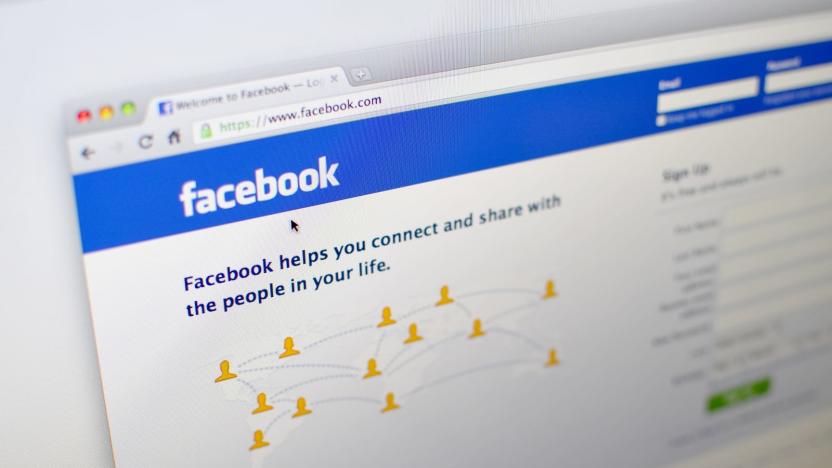
UK asks Facebook to try harder in Russia-Brexit investigation
The end of 2017 saw Facebook launch an investigation into Russia's use of the social network to influence the EU Referendum, aka Brexit. The company didn't find anything nefarious, but the House of Commons asked that it continue its probe. Now, Facebook has delivered its findings -- again suggesting no foul play -- and UK officials remain unsatisfied with the conclusion.
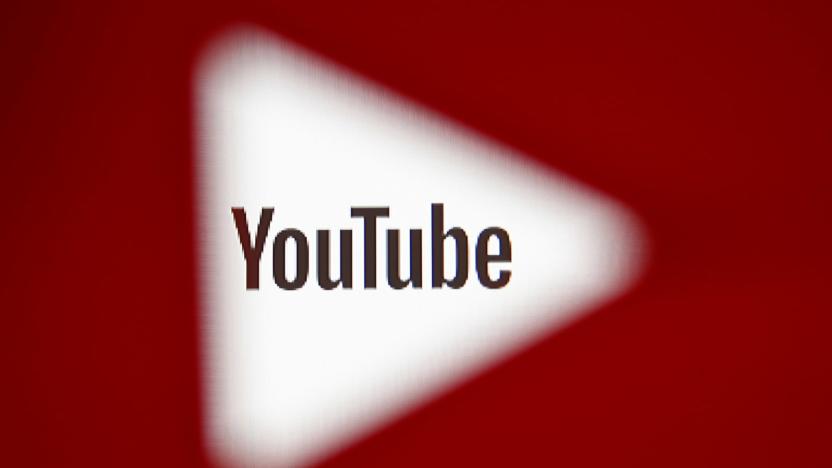
YouTube found 'no interference' from Russia during Brexit vote
YouTube says that it hasn't found any evidence of Russian interference during the UK's Brexit vote in 2016. Members of parliament aren't satisfied, however, and are asking for the video network to examine clips of Russian origin, not just ads, according to The Guardian. For its part, YouTube says it will do a more comprehensive review.
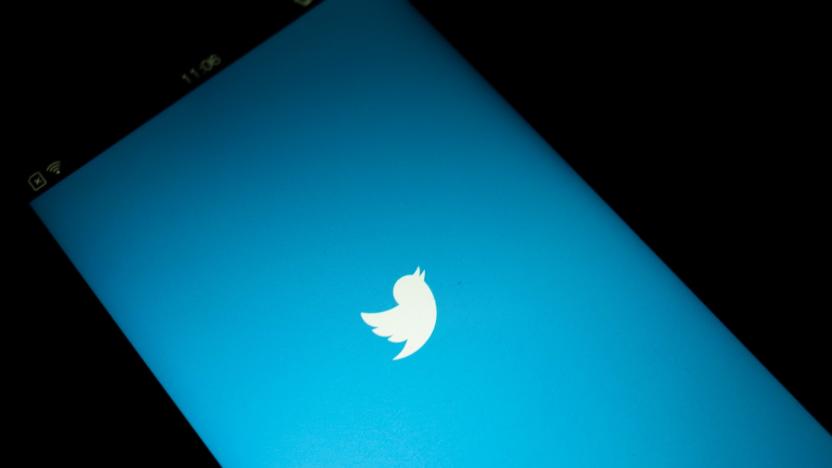
Twitter says 49 Russian accounts tried to sway Brexit voters
UK officials have been pressing Facebook and Twitter to investigate whether Russian-based accounts attempted to influence the 2016 Brexit vote. Previous responses from both platforms were found to be inadequate by the chair of the UK's digital, culture, media and sport select committee and both companies were asked to do better. Now, BuzzFeed News reports that Twitter has in fact found some evidence of Russian meddling, albeit small in scope.
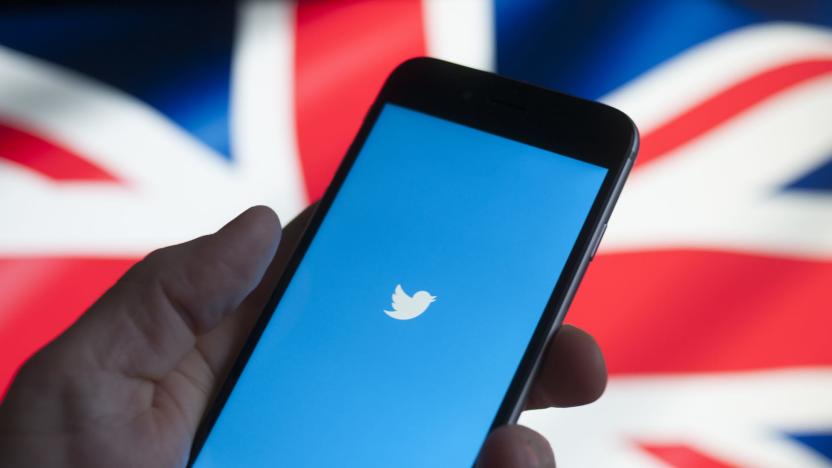
Twitter told to dig deeper in Brexit interference inquiry
Twitter has been asked once again to comply with a request for information about possible interference on its platform during Britain's EU referendum. Back in October, the UK's Digital, Culture, Media and Sport (DCMS) select committee asked Facebook and Twitter to investigate the possibility of social and political engineering by Russia-controlled accounts. It followed research by a London university which found that 13,500 fake accounts had tweeted shortly before the vote in 2016.

The UK Prime Minister is creating an anti-fake news squad
In its most benign form, fake news can simply be clickbait designed to get eyes on banner ads. In other instances -- the one's governments are primarily concerning themselves with -- it's propaganda designed to invoke outrage and sway public opinion on elections and other important decisions. UK Prime Minister Theresa May has previously accused Russia of "seeking to weaponize information" by "deploying its state-run media organizations to plant fake stories and photoshopped images in an attempt to sow discord in the west and undermine our institutions." And now, she's taking action by creating a new specialist unit tasked with actively tackling fake news. What we're not being told, however, is how this anti-misinformation squad is supposed to do that exactly.
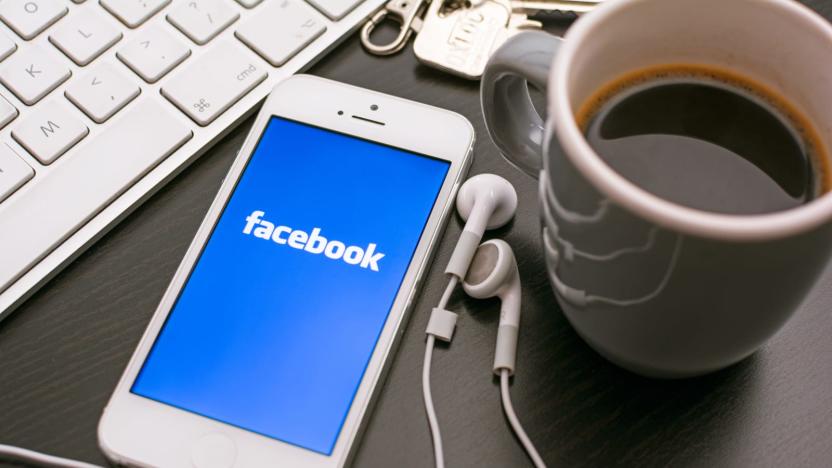
Facebook reopens investigation to see if Russia influenced Brexit
This past December, Facebook investigated whether Russia had used the social network to influence the EU Referendum vote, or Brexit. At the time, the team found little evidence of UK-related activity from the "Internet Research Agency" in Russia. Now, in a letter from Facebook's UK policy director Simon Milner, the company promises to continue the investigation at the request of Damian Collins, the chair of the Digital Culture, Media and Sport Committee in the House of Commons.

The true extent of Russian meddling in Brexit remains murky
In late October, Chair of the Digital, Culture, Media and Sport Select Committee Damian Collins called upon Facebook and Twitter to report back with any evidence of Russian meddling in the UK's vote to leave the EU. It's an evolution of the committee's inquiry into the problem of fake news, which Collins considers a pretty serious "threat to democracy." Responses from Facebook and Twitter have landed this week, and if you haven't been following along, it's safe to say Collins isn't particularly impressed with how deep the social networks are digging to identify the true scale of political misinformation and influence exerted by Russia.

Facebook found essentially no Russian effort to sway Brexit vote
In October, UK officials asked Facebook to look into the possibility that Russian groups had attempted to sway the Brexit referendum through the site. They were particularly interested in whether ads were purchased by Russia-linked accounts and how many times they were viewed if so. Now, the New York Times reports that Facebook has found little evidence of Russian interference, at least when it comes to Russian-purchased Facebook ads.

Russian Twitter accounts tried to influence the UK's EU departure
Russia's attempt to influence Western politics through Twitter certainly wasn't limited to the 2016 American elections. Wired and New Knowledge have combed through the Russia-linked accounts provided to US politicians, and it identified at least 29 bogus users that backed the UK's European Union exit (aka Brexit). The accounts used Brexit-related hashtags, stirred Islamophobic sentiment and used racist anti-refugee language. These accounts weren't ignored, either. Combined, they had 268,643 followers and got some posts shared hundreds of times.

UK officials want to know if Russia meddled in the Brexit vote
UK officials are wondering if Russia tampered with its Brexit referendum and they've now officially asked Mark Zuckerberg to look into whether Facebook possibly played a role, The Guardian reports. Damian Collins, the UK's chair of digital, culture, media and sport committee sent Zuckerberg a letter saying that the committee was investigating fake news and wanted Facebook to provide them with any information it had on politically-divisive advertisements purchased by Russian actors.
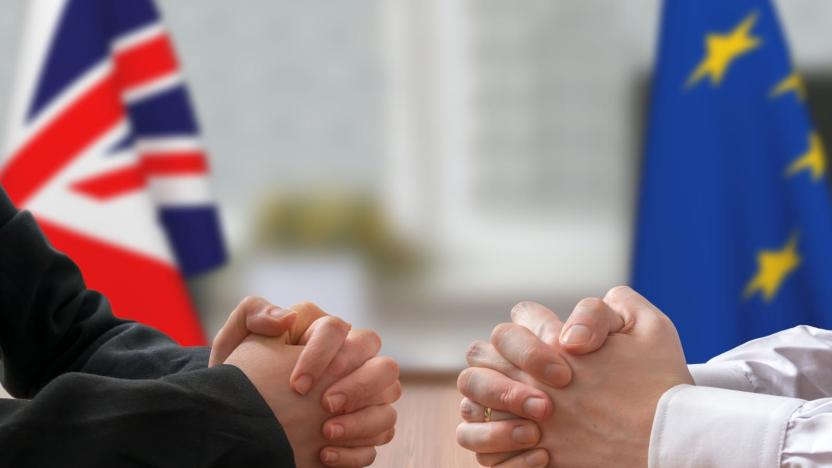
UK snooping laws could sever EU data ties come Brexit
As it stands, the sharing of data between businesses, law enforcement agencies and such across EU countries is relatively straightforward. That's because of various laws and agreements in place across the EU that set standards for data movement, protection and privacy. In other words, countries are all on the same page and know what is expected of them. But in the future, the UK won't be part of the EU anymore, which is why the government has now published a set of proposals laying out how Britain hopes to keep data flowing between it and the continent post-Brexit.

Brexit is even making 'League of Legends' champions pricier
As if the prices of tech hardware shooting up as a result of last summer's Brexit vote wasn't disappointing enough, now it's making the cost of entirely virtual items more taxing on the wallet. League of Legends developer Riot Games has announced that from July 26th, it's adjusting the UK prices of Riot Points (RP) -- which players use to unlock champions and buy skins/other in-game swag -- to compensate for the decline in the value of the pound.

AI is already beating us at our own game
Although modern AI systems still have trouble deciding whether or not to flip that stranded tortoise in their path, they're already outpacing the intellectual capabilities of their creators in a wide variety of fields. From beating grandmaster Go players to outguessing cardiac surgeons, lipreading to audio transcription, neural networks and machine learning have already surpassed humans -- and that list is only going to grow longer.

UK government unveils its post-Brexit Digital Strategy
After a year of delays, the UK government has finally shared its plans for a more prosperous digital Britain. Unveiled by the Department for Culture, Media and Sport (DCMS), the Digital Strategy report outlines steps to plug skills gaps and deliver free training to people who need it, pushing forward important UK technology sectors like AI and allowing UK companies to remain competitive as they come to terms with life after Brexit.

Microsoft hikes UK Surface prices because Brexit
Thanks to the Brexit vote, the weakened pound is causing many companies to adjust prices to cover the shortfall, and today you can add Microsoft to that list. The cost of the company's enterprise software and cloud services increased at the start of the year, but this morning Microsoft quietly hiked prices of some of its consumer devices and software too, as spotted by a TechCrunch tipster.

Sonos to raise prices by up to 25 percent over Brexit
If you live in the UK and have been mulling a Sonos purchase recently, take note: the company's prices will soon be going up. Through an online support page, the company has confirmed that its premium speakers and soundbars will be rising by up to 25 percent on February 23rd. Some tweaks are marginal, such as a £30 rise for the £169 Play:1 (soon to be £199). Others are more significant, however. The larger Play:5, for instance, is rising £70 to £499, while the Playbar and Sub are climbing £100 to £699 each. The Connect:Amp, meanwhile, is going up £100 to £499.

Tesla delays UK price hike until mid-January
Tesla has put its UK price increase on hold until January 15th, giving potential customers another couple of weeks to order an EV before the hike goes into effect. The company said late last year the prices of custom orders (read: showroom and pre-owned vehicles excluded) would go up by 5 percent on January 1st. It said this was a reaction to unfavourable "currency fluctuations," likely referring to the recent volatility of the pound following the Brexit vote. That's a significant increase considering the cheapest Tesla Model S currently goes for £58,900. But the EV maker appears to have had a change of heart -- for two weeks at least.

Tesla's UK prices are about to go up by 5 percent
Tesla has sent out an email informing customers and anyone else that's registered interest in the company's EVs of an impending 5 percent price in the UK. From January 1st 2017, any custom order will become costlier, while second-hand and showroom vehicles are safe from the hike. It's not an insignificant jump when you consider it will up the price of the base Model S by almost £3,000 -- from £58,900 to £61,845.









